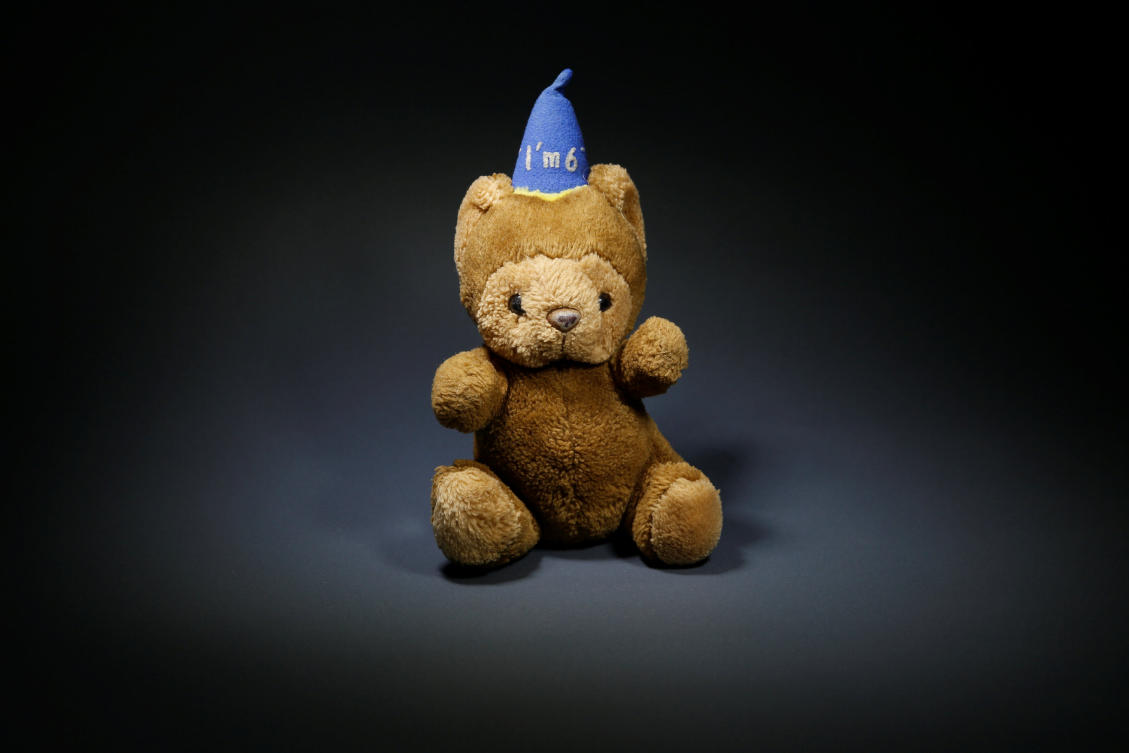Bahrain insists on footballer’s extradition from Thailand
DUBAI: Bahrain insisted Monday on the extradition from Thailand of a footballer convicted for a terrorism offense.
Hakeem Al-Araibi was jailed in absentia in 2014 for 10 years on charges related to an attack on a police station in 2012.
The 25-year-old, who played for Bahrain’s national youth team, fled his homeland while on bail and was granted asylum in Australia where he plays semi-professionally in Melbourne.
He was detained on an Interpol notice in November as he entered Thailand for a vacation.
“Al-Araibi was arrested in Thailand and proceedings to extradite him to Bahrain are in process so that he can serve his sentence,” a Bahraini government statement said.
“He had all the rights and opportunities to defend himself in the criminal case, in which some of the suspects with him were acquitted by the court,” Bahrain’s interior minister Sheikh Rashid bin Abdullah Al-Khalifa said in the government statement.
He added that Al-Araibi may appeal the verdict if he is returned to Bahrain.
The minister said Al-Araibi, who was allowed to travel with the national soccer team while on bail, had fled to Iran from Qatar “never to return.”
Sheikh Rashid criticized what he described as “external interference” in Manama’s internal affairs.
“Those who speak now of Al-Araibi having been mistreated and those who question the integrity of Bahrain’s courts ignore the fact that Al-Araibi was released on bail of 100 dinars by the courts,” he said.
The footballer denies the charges against him and the Australian government have called for his release.

Bahrain Shiite opposition leader loses appeal against life sentencePompeo in Bahrain on first leg of tour of Gulf allies






